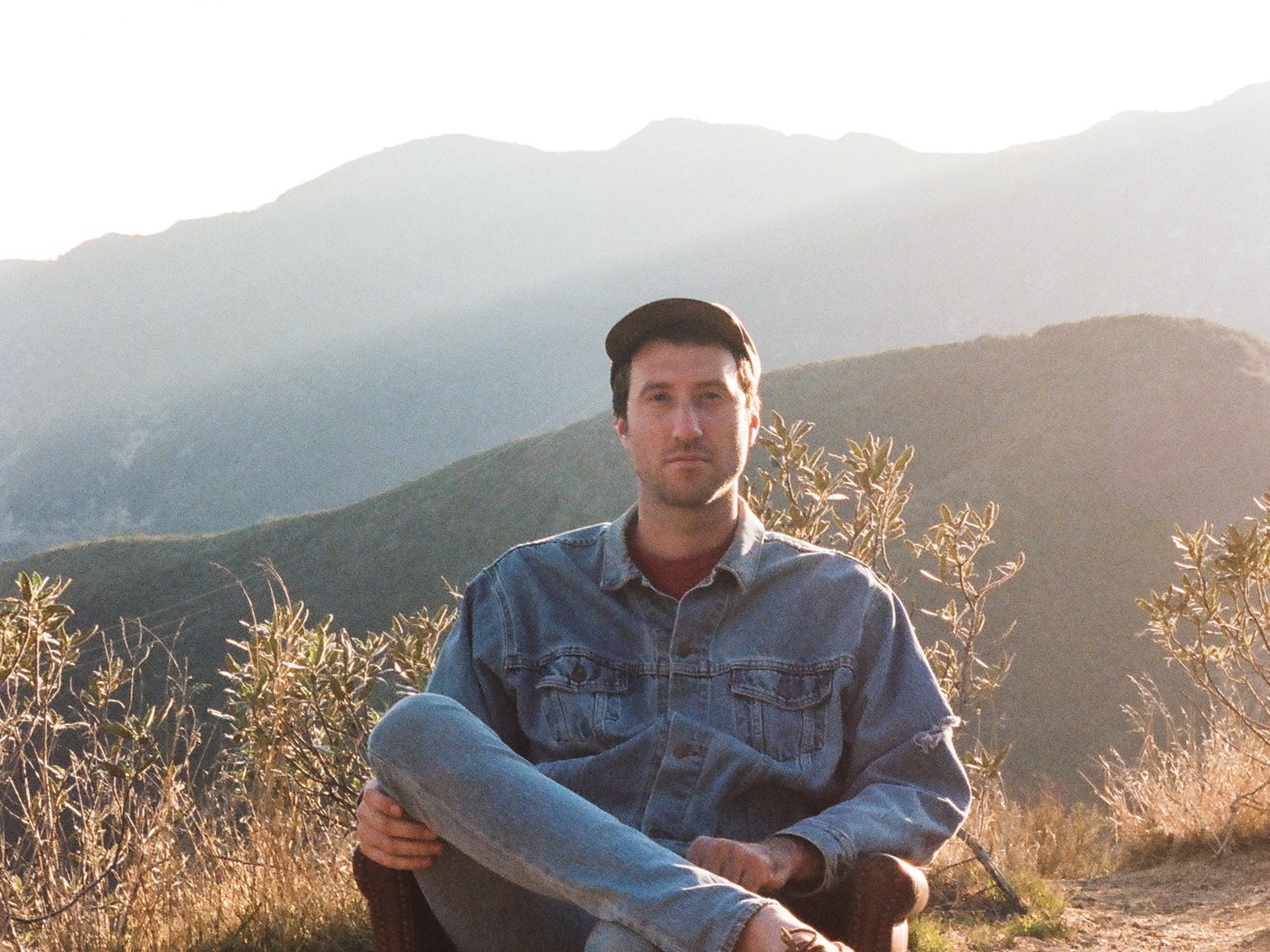8/10/19: RYAN POLLIE
HOPE ALL IS WELL PRESENTS:
RYAN POLLIE AT NECTAR’S
WITH PAPER CASTLES [SOLO]
DATE: SATURDAY, AUGUST 10TH
VENUE: NECTAR’S [188 MAIN ST, BURLINGTON, VT 05401]
TICKETS: FREE
AGES: AA
SHOW: 7:00PM
ENDS: 9:00PM
RSVP: bit.ly/LAPDVT
RYAN POLLIE
Ryan Pollie never set out to make a cancer record. The Los Angeles songwriter penned most of his self-titled, self-produced album, his first under his own name, before he got sick. Inspired by the warm, inviting sounds of '70s singer-songwriters like Jackson Browne, Carole King, and Graham Nash, Pollie already knew he wanted to make the most personal music of his career. He had released two albums as Los Angeles Police Department, and now he was ready to shed the protective barrier of his old band name — to make music, simply, as himself.
And then he got cancer. It happened the year of his Saturn return, an astrological phenomenon where Saturn comes back to the same place in the sky as it was when you were born, one that's supposed to bring both hardship and transformation. Nearing the end of his twenties, Pollie had already been mulling over the big questions: spirituality, purpose, the fleeting nature of existence. "I just wrote a record about mortality and whether or not I believe in anything, and then I'm faced with the biggest challenge of my life," he says.
The record begins and ends with choir music. In the photograph on the album’s cover, Pollie stands inside a church in Stimigliano, Italy. Though he was raised Catholic, Pollie has found himself on a much more individual spiritual journey, one that’s reflected in the album’s lyrics. On the stunning, swelling chorus of "Aim Slow," Pollie sings, "My God's insane." He doesn't sound angry; he's not fuming at the chaos of being alive, just contemplating it gently, ready to take it all in and let it pass through him.
Open, searching, and vulnerable, Ryan Pollie takes full advantage of the language of 20th century California pop to bolster its queries on the perplexing nature of being human. Piano, guitar, and bass intertwine with banjo, pedal steel, and saxophone to support Pollie's sugar-sweet hooks.
Bolder and crisper than the albums he's made as Los Angeles Police Department, his self-titled record emerges from a deeply collaborative place. He invited many of his closest friends over to his home to record the album, and a feeling of warm camaraderie shines through the music. "When somebody plays on a song, their character is in it," he says. "I like to think all my friends are on this record. Their personality is in it. That was really important to me. I'm able to do what I do, mentally and emotionally, because of the people around me."
As Pollie went through chemotherapy in the summer of 2018, he relied on the support of his friends to finish the album. "Mixing is where it all came together for me," he says. "Because I was sick, it was this new challenge — 'I have to finish this record. I have to get out of bed. I don't feel too well, but I'm going to go down the street to the studio and I'm going to give my notes and overdub some piano.' I finished the record while I was sick, and that was a big thing for me, being sick and being able to finish something. It made me feel strong."
One song, "Only Child," addresses that period directly. Ironically, it's one of the more upbeat tracks on the record, tackling the fear and uncertainty of illness with Pollie's characteristic levity and humor. "My hair is falling out/My parents are calling now," he sings amid a buoyant bassline and trills of flute. Other songs work through periods of loss, confusion, and ultimately triumph. The delicate, synth-driven "Raincoat" traces the end of a relationship with careful empathy. Against a briskly strummed guitar, "Leaving California" fleshes out his relationship with his parents and his childhood home in New England, while "Getting Clean" makes use of a glowing West Coast pop palette to articulate the frustration of trying to break out of a deep rut.
Living through illness becomes just one chapter in a record that celebrates living in general, and all the difficulties and surprises that come with it. More than anything, Pollie's self-titled release is a testament to the power of vulnerability—to the magic that happens when you open yourself up and invite the world inside, no matter how frightening or uncertain it may be.


